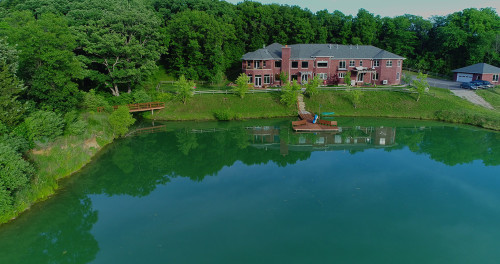






Top of the World Ranch
Verified Center
This provider's information has been quality-checked by Recovery.com's Research Team for accuracy and completeness, including center verification through appropriate third-party organizations.
Treatment Focus
This center treats substance use disorders and co-occurring mental health conditions. Your treatment plan addresses each condition at once with personalized, compassionate care for comprehensive healing.
Primary Level of Care
Offering intensive care with 24/7 monitoring, residential treatment is typically 30 days and can cover multiple levels of care. Length can range from 14 to 90 days typically.
Treatment Focus
This center treats substance use disorders and co-occurring mental health conditions. Your treatment plan addresses each condition at once with personalized, compassionate care for comprehensive healing.
Primary Level of Care
Offering intensive care with 24/7 monitoring, residential treatment is typically 30 days and can cover multiple levels of care. Length can range from 14 to 90 days typically.
Provider's Policy
We are in-network with most major insurance providers.
Top of the World Ranch
Top of the World Ranch
About Top of the World Ranch
We offer 315 acres of nature, the great healer, alongside our 13,000 sq. ft. brick mansion. Each client has their own private room & bathroom located in our all-new 24-bed residence. Our staff is highly trained to attend to your individual needs. We offer one to one counseling sessions throughout your stay. We begin your continuing care/aftercare planning soon after you arrive to help connect with support within your own community.

Center Overview
Treatment Focus
This center treats substance use disorders and co-occurring mental health conditions. Your treatment plan addresses each condition at once with personalized, compassionate care for comprehensive healing.
Insurance Accepted
Cash Pay Rates
Estimated Cash Pay Rate
Center pricing can vary based on program and length of stay. Contact the center for more information. Recovery.com strives for price transparency so you can make an informed decision.
Meet Your Care Team

Mark Sadler
Executive Director
Master of Counseling

Marcey M.
Medical Director
ARNP
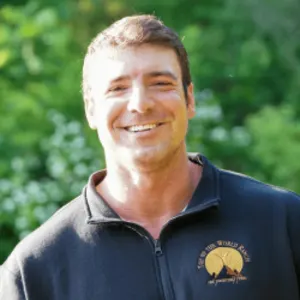
Justin Willis
Director of Clinical and Operations
MBA CADC

Brett Vacek
Chief Strategy Officer
Master's, Clinical Psychology | Licensed Clinical Professional Counselor

Liv Carrow
Clinical Manager
LCSW
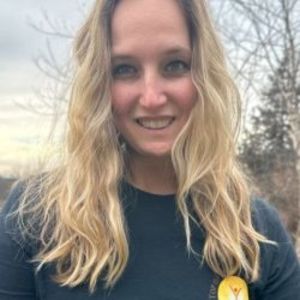
Kelsey
Counselor
MA
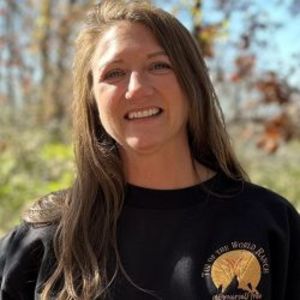
Tori
Counselor
LMSW

Michael R.
Counselor
CADC

Sarah Smith
IOP Counselor

Tamara B.
Case Manager

Adam W.
PF Manager & Counselor

Tracey S.
Lead Program Facilitator

Taelor L.
Program Facilitator

Samantha H.
Program Facilitator

Ted Ketelsen
Program Facilitator

Anne M.
Program Facilitator

Jill D.
Program Facilitator
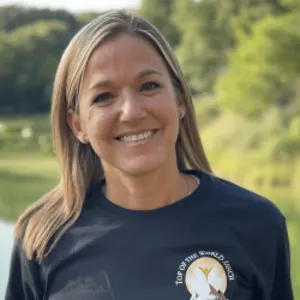
Sarah Miller
Program Facilitator & Certified Yoga Instructor
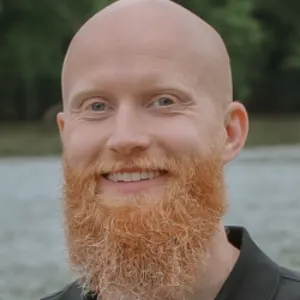
Michael W.
Program Facilitator
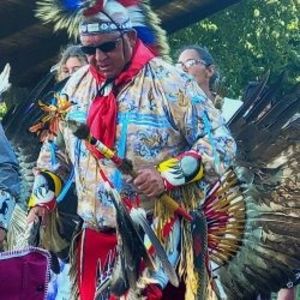
Kerry B.
PF Lead: Native Ceremonial Leader

Travis R.
Program Facilitator

Morgan Cornette
Program Facilitator
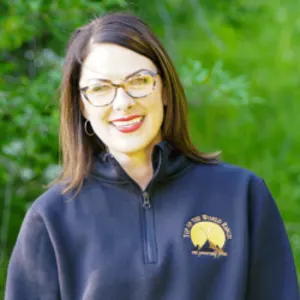
Erin Johnson
PF Lead: Admissions

Cory G.
Program Facilitator

Patrick Boyle
Program Facilitator

Travis S.
Executive Chef
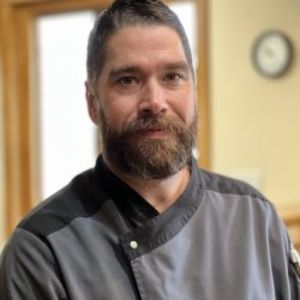
Josh G.
Executive Sous Chef
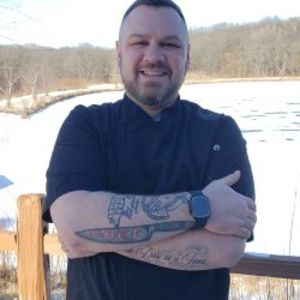
Michael S.
Sous Chef

Bruce Bassi
Addiction Psychiatrist
MD
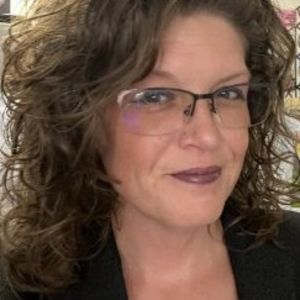
Julie Higbee
Nurse Supervisor
RN

Amanda Bos
Nurse
RN

Valerie Morford
Dietitian
RD LDN
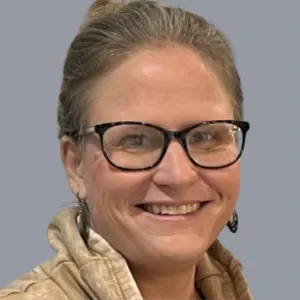
Jennifer Rudd
Licensed Massage Therapist

Kelly Price
Nurse
RN

Stacy N.
Intake and Billing Coordinator
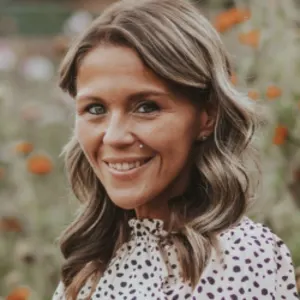
Mandy A.
UR Coordinator

Dustin W.
General Maintenance

Evan W.
General Maintenance

David E.
Cleaning Tech
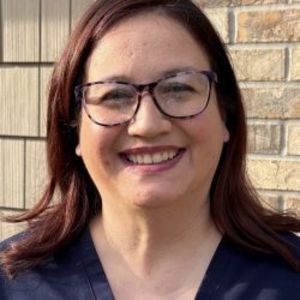
Ericka S.
Detox Nurse
RN

Amanda Peters
Detox Nurse
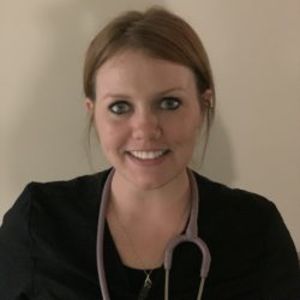
Maggie W.
Detox Nurse
LPN

Casey T.
EMT



Levels of Care








Your Care Options
Specializations
Alcohol
Using alcohol as a coping mechanism, or drinking excessively throughout the week, signals an alcohol use disorder.
Executives
Executive treatment programs typically directly support the needs of people who manage businesses and may provide flexible schedules and office space to allow work during treatment.
Who We Treat
Executives
Executive treatment programs typically directly support the needs of people who manage businesses and may provide flexible schedules and office space to allow work during treatment.
Men and Women
Men and women attend treatment for addiction in a co-ed setting, going to therapy groups together to share experiences, struggles, and successes.
Professionals
Busy, high-ranking professionals get the personalized treatment they need with greater accommodations for work, privacy, and outside communication.
Approaches
Spiritual Emphasis
Spirituality connects patients to a higher power and helps strengthen their recovery, hope, and compliance with other treatment modalities.
Evidence-Based
A combination of scientifically rooted therapies and treatments make up evidence-based care, defined by their measured and proven results.
Experiential
Expressive tools and therapies help patients process past situations, learn more about themselves, and find healing through action.
Holistic
A non-medicinal, wellness-focused approach that aims to align the mind, body, and spirit for deep and lasting healing.
Individual Treatment
Individual care meets the needs of each patient, using personalized treatment to provide them the most relevant care and greatest chance of success.
One-to-One
Patients work with their treatment team members on a 1-on-1 basis, keeping their journey and treatment fully private and personalized.
Twelve Step
Incorporating spirituality, community, and responsibility, 12-Step philosophies prioritize the guidance of a Higher Power and a continuation of 12-Step practices.
Gender-Specific
Separate treatment for men or women can create strong peer connections and remove barriers related to trauma, shame, and gender-specific nuances.
Therapies
1-on-1 Counseling
Patient and therapist meet 1-on-1 to work through difficult emotions and behavioral challenges in a personal, private setting.
Meditation & Mindfulness
A practiced state of mind that brings patients to the present. It allows them to become fully aware of themselves, their feelings, and the present moment.
Adventure Therapy
This experiential approach uses the physical and emotional challenges of outdoor activities as tools for personal growth.
Animal Therapy
Animals can inspire trust and self-worth. In this experiential therapy, guided interactions are used to improve social skills and emotion regulation.
Art Therapy
Visual art invites patients to examine the emotions within their work, focusing on the process of creativity and its gentle therapeutic power.
Experiential Therapy
With this approach, patients heal by doing. Therapists help patients process difficult emotions to speak, using guided activities like art or dance.
Eye Movement Therapy (EMDR)
Lateral, guided eye movements help reduce the emotional reactions of retelling and reprocessing trauma, allowing intense feelings to dissipate.
Family Therapy
Family therapy addresses group dynamics within a family system, with a focus on improving communication and interrupting unhealthy relationship patterns.
Horticultural Therapy
Gardening can be both meditative and inspiring. This therapy encourages social, emotional, and physical recovery.
Substances We Treat
Alcohol
Using alcohol as a coping mechanism, or drinking excessively throughout the week, signals an alcohol use disorder.
Co-Occurring Disorders
A person with multiple mental health diagnoses, such as addiction and depression, has co-occurring disorders also called dual diagnosis.
Cocaine
Cocaine is a stimulant with euphoric effects. Agitation, muscle ticks, psychosis, and heart issues are common symptoms of cocaine abuse.
Drug Addiction
Drug addiction is the excessive and repetitive use of substances, despite harmful consequences to a person's life, health, and relationships.
Ecstasy
Ecstasy is a stimulant that causes intense euphoria and heightened awareness. Abuse of this drug can trigger depression, insomnia, and memory problems.
Heroin
Heroin is a highly addictive and illegal opioid. It can cause insomnia, collapsed veins, heart issues, and additional mental health issues.
Languages
Aftercare
Care Designed for Your Needs
Personal Amenities
Amenities
Special Considerations
Executive Program
Addiction and mental health treatment for executives typically involves high discretion, greater technology access, and more private, 1-on-1 care.
Gender-specific groups
Patients in gender-specific groups gain the opportunity to discuss challenges unique to their gender in a comfortable, safe setting conducive to healing.
Activities
Yoga
Yoga is both a physical and spiritual practice. It includes a flow of movement, breathing techniques, and meditation.
Off-Site Activities
Yoga
Yoga is both a physical and spiritual practice. It includes a flow of movement, breathing techniques, and meditation.
Off-Site Amenities
What people are saying
Treatment
5.0
Accommodations
5.0
Food & Nutrition
5.0
Value
5.0
PB
Reviewed 05/01/20
Review from Rehabs.com
PB
Treatment in 2019 • (45 days) • Reviewed 05/23/20
Former Client
•USA
PB
Reviewed 05/01/20
Review from Rehabs.com






